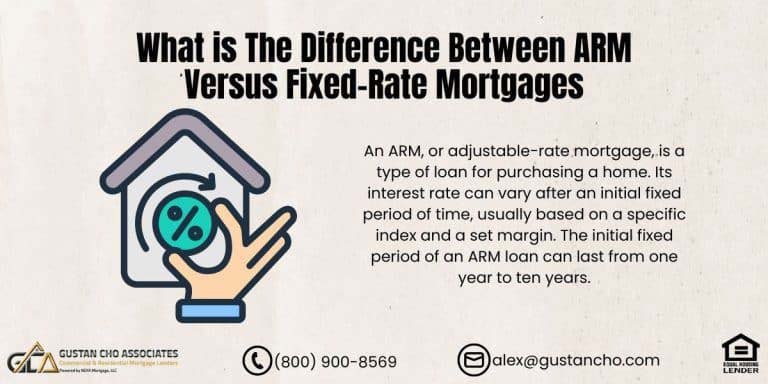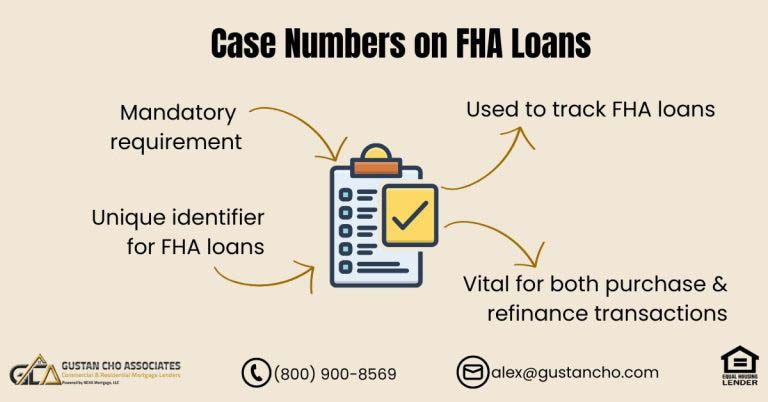This article covers tips in getting faster mortgage approvals and closing on time. We will cover the following bullet points in this article:
- Delays in the mortgage process
- The mortgage pre-approval process
- How solid is your pre-approval letter
- Mortgage processing and underwriting
Borrowers should not stress during the mortgage process. . There is no reason why there should be stress during the mortgage process. There is no reason why the closing date needs to get delayed. Follow these tips for a smooth and timely closing. In the following paragraphs, we will cover getting faster mortgage approval and closing on time.
The Mortgage Approval Process
There are many horror stories by homebuyers where they are stressing during the mortgage process or getting last-minute loan denials. Over 80% of our borrowers are folks who are currently in a mortgage process and either gotten a last-minute mortgage denial or are stressing.
Most of our borrowers have been issued pre-approvals by other lenders and have real estate purchase contracts. Many have home appraisals ordered. Some have passed their closing dates and are on multiple extensions.
There is no reason why a mortgage loan cannot close in 30 days or less. There are tips in getting faster mortgage approvals and avoiding stress during the mortgage process. We will go over reasons why borrowers are not getting faster mortgage approvals and last-minute mortgage denials.
How Quickly Can I Get a Mortgage Approval
After the 2008 real estate and mortgage collapse, there have been countless changes in the lending and real estate industry with new laws, regulations, and the creation of new federal agencies.
All lenders need to follow specific agency lending guidelines. Lenders can have higher standards than the minimum agency guidelines of government and conventional loans.
By the time our viewers have read this blog on getting faster mortgage approvals, they should have a clear understanding of what type of lender to choose, what overlays are, how to interview a loan officer and realize that not all lenders have the same mortgage guidelines.
Want a Faster Mortgage Approval and On-Time Closing?
Tired of delays, last-minute conditions, and extensions?
Validity of Mortgage Pre-Approval
Unfortunately, not all pre-approvals are valid. Every lender has its own way of issuing pre-approval letters. Homebuyers and sellers often think that when a loan officer issues a pre-approval letter, that pre-approval letter is solid and they can count on them closing on time. Not so. Believe it or not, many loan officers will issue borrowers pre-approval letters without reviewing documents or processing/underwriting the borrower’s loan application.
Importance of Properly Qualifying Borrowers
There are loan officers who just take borrowers loan application (1003) run credit and issue pre-approvals within 30 minutes of consulting with borrowers: The number one reason why buyers and sellers stress during the mortgage process and reasons for mortgage denials is due to borrowers not properly being qualified and issued pre-approvals. All of our pre-approvals at Gustan Cho Associates Mortgage Group are fully processed, underwritten, and issued by mortgage underwriters. This is the reason why Gustan Cho Associates closes all of our loans. We just don’t close 100% of all of our pre-approvals, we close all of them on time. All of our pre-approvals are TBD Property Underwriting Mortgage Approvals also known as loan commitments to lend.
Pre-Qualification Versus Pre-Approvals
Homebuyers should never enter into a real estate purchase contract without a pre-approval letter that has been issued by a mortgage underwriter after it has been fully underwritten. Pre-qualification letters can be issued by loan officers but no pre-approvals. Buyers can shop with pre-qualification letters but should not enter into a real estate contract.
Pre-Qualification Versus Pre-Approval
Pre-qualification letters are issued by loan officers after the borrower’s credit is pulled and the borrower gets an approve/eligible per Automated Underwriting System (AUS) Approval and after the loan officer reviews preliminary docs such as the following:
- Two years tax returns
- Two years W2s
- 60 days bank statements
- 30 days paycheck stubs
- Fully reviews borrowers credit report
- Gets an automated underwriting system approval.
How Mortgage Processors Prep Docs For Underwriter
Loan officers will then request additional docs and assign the file to the mortgage processor to prep the file to underwriting to start the pre-approval process. A pre-approval is a loan commitment to lend and takes about three to five business days. The mortgage processor will collect additional docs pertaining to the borrower such as the following:
- Divorce decree if applicable
- Bankruptcy, short sale, foreclosure docs if applicable
- Verification of rent or verification of mortgage
- Verification of rent
- 4506T with the Internal Revenue Service
The key to getting the mortgage process started is for the processor to submit the loan to underwriting. This cannot get done until all documents are collected.
Already Under Contract? Don’t Risk Missing Your Closing Date
If your current lender is dragging their feet, you still may have options
How Does Mortgage Underwriting Process Work
Once the processor collects all docs, the file goes to underwriting. A Mortgage Underwriter fully reviews the file and if the borrower meets all agency guidelines, the underwriter will issue a pre-approval and sign and date it. Armed with a pre-approval, homebuyers can now shop for homes and confidently enter into a real estate purchase contract. Unfortunately, most lenders have loan officers issue pre-approval letters and not underwriters This is no way of getting faster mortgage approvals. This is a recipe for disaster and is the major reason for stress during the mortgage process. Many lender’s pre-approvals are not loan commitments but rather pre-qualifications.
The Importance of the Borrower’s Cooperation with Loan Officers
Part of getting faster mortgage approvals requires the cooperation of borrowers. There is a lot of paperwork that borrowers need to gather during the mortgage process. Gathering required docs for lenders can be like working on a jigsaw puzzle. When the loan officer request 60 days bank statements, all pages needs to be provided including blank pages. Leaving out a blank page on docs requested will cause delays in the mortgage process. If mortgage processor request certain docs, need to get the docs over the same day. Procrastinating will definitely cause delays and stress during the mortgage process.
Documents That May Cause Delays In Mortgage Process
Lenders will require 60 days bank statements. Mortgage Underwriters will frown upon overdrafts in bank statements. Overdrafts can be deal killers for most lenders. However, Gustan Cho Associates is very aggressive and understanding when it comes to overdrafts.
Try not to use multiple bank statements prior to starting the mortgage process. Borrowers should only have one bank account and not over a dozen account. Cash deposits is non-existent in the mortgage world.
All cash deposits in the past 60 days need to be sourced. Make sure not to make any irregular deposits during the mortgage process. If the borrower has mattress money (cash), deposit cash as soon as possible to the bank account and let it season for 60 days.
Cash-To-Close and Debt-to-Income Ratios For Clear-to-Close
Borrowers need to make sure not to spend the cash to close or reserves required prior to the clear-to-close. Do not open new credit accounts. Do not purchase high ticket items. Many home buyers get excited at the thought of moving into the new homes that they often apply for zero-interest furniture and appliance credit.
Mortgage underwriters will not issue a clear-to-close if the cash to close is short or debt to income ratios are higher than allowed due to increased credit card balances.
This can delay the mortgage process and delay the closing date. Underwriters will want updated bank statements and will do a credit pull prior to issuing a clear-to-close. Homebuyers who need to qualify for a mortgage and getting faster mortgage approvals is important, contact us at Gustan Cho Associates Mortgage Group at 800-900-8569 or text us for a faster response. Or email us at gcho@gustancho.com. We are available 7 days a week, evenings, weekends, and holidays.
Get Pre-Approved the Right Way—Fast and Solid
A strong upfront pre-approval means fewer surprises later










